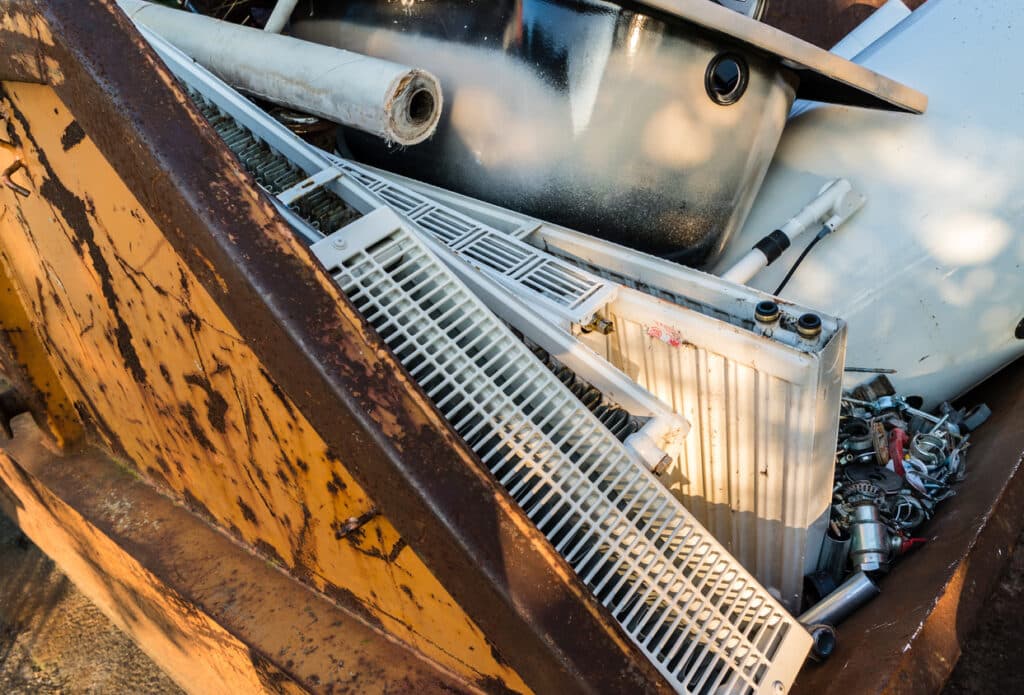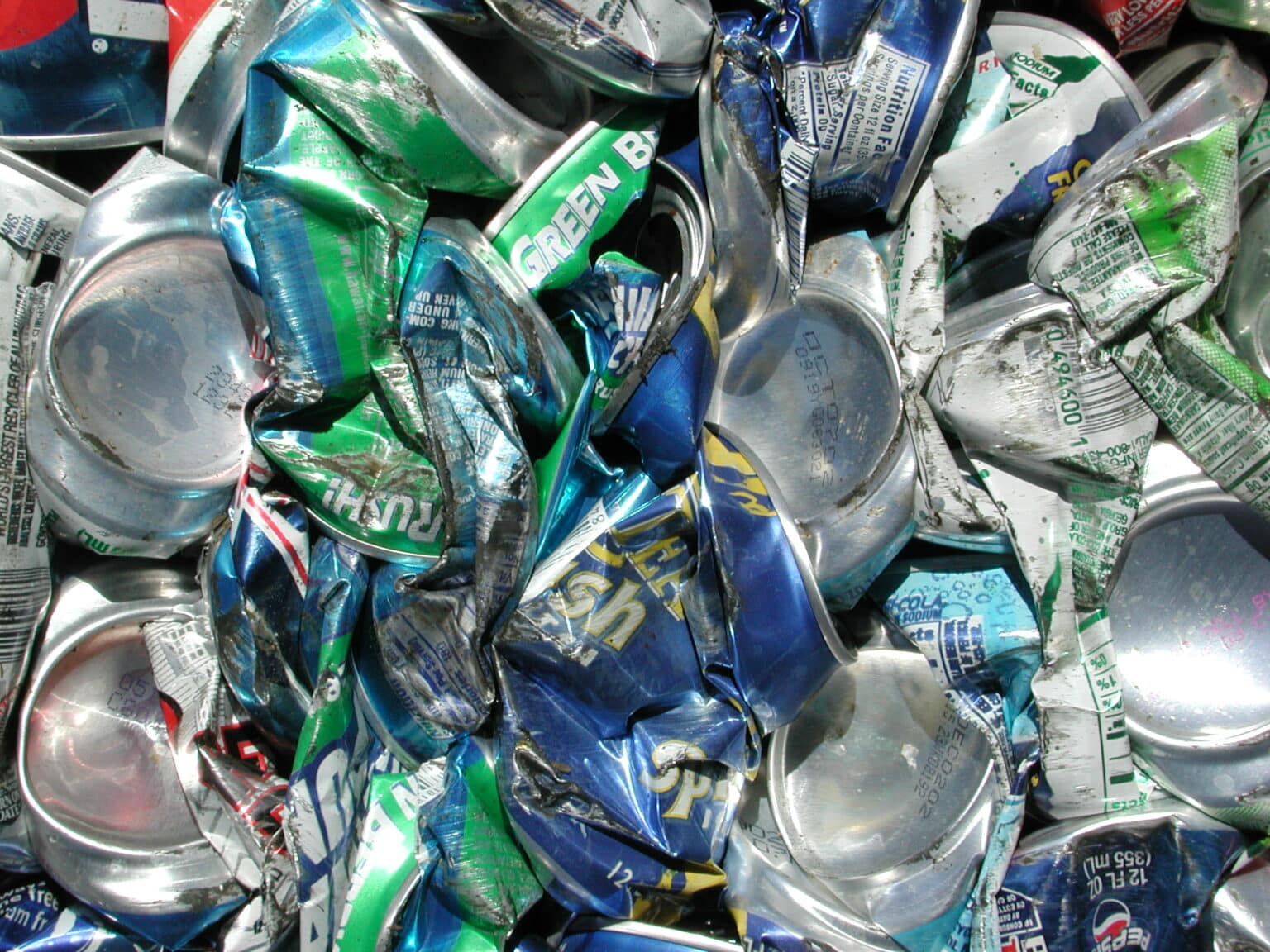Each year, hundreds of millions of tons of material, from metal to plastic to paper and even rubber and asphalt, gets repurposed worldwide, thanks to recycling. Scrap companies like Cohen are at the center of this stream, buying metal (and things containing metal) from businesses and individuals alike to process it for recycling. So what can you expect to get paid for your items, and what determines those prices?
The answer isn’t always so simple. Here are a few of the factors that can impact scrap metal pricing.
SUPPLY & DEMAND
Increases and decreases in prices are proportional to the demand for metal in various industries like technology, construction, and transportation. Recycled scrap metal is used to manufacture a huge range of products, including cell phones, electrical cables, aircraft, and the I-beams and rebar that go into bridges and buildings. The amount of activity in any of these industries has an influence on scrap metal pricing.
The time of year may influence supply and demand, as well. For example, during warmer months, the construction industry tends to pick up and require more material, so pricing can increase. As other metal-hungry industries go through their own seasonal highs and lows, so does scrap metal pricing.
QUALITY & QUANTITY OF SCRAP
Scrap metal has to meet certain quality standards to make it usable by foundries, smelters, and mills. A large volume of high-quality, in-demand metals is a formula for positive gain for both the buyer and the seller. When demand is high for durable metals like iron and copper, you may be able to get more for your scrap.
There’s also a connection to the mining industry. It is generally much less expensive and less energy-consuming to use recycled metal compared to raw metal ores. When newly mined metal ore becomes less available or more expensive to procure, scrap metal becomes more valuable.
PRODUCTION & TRANSPORTATION COSTS
As an important link in the supply chain, it is essential for scrap recyclers to keep the metal moving efficiently. The collection, separation, and preparation of scrap metal happens at scrap yards like ours, often requiring moving material from one yard to another. So if the costs of energy and fuel are up, so are the costs of production and transportation for the recycler. Each stage of the process requires equipment, personnel, and fuel to get the metal from Point A to Point B. Changes in those costs can impact scrap metal pricing.
Find a Cohen location & visit our recycling guide for a complete list of items that Cohen accepts for recycling!



